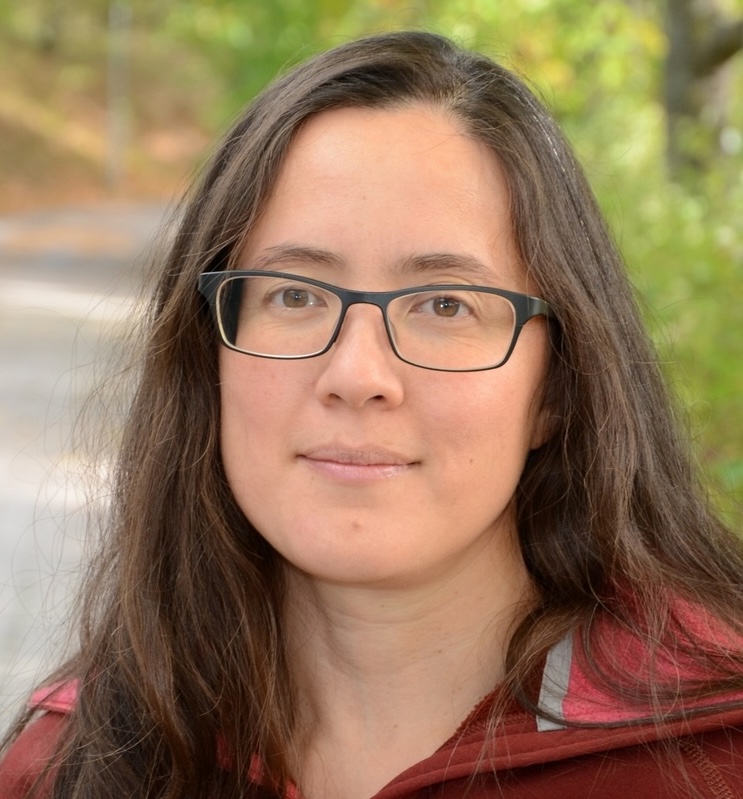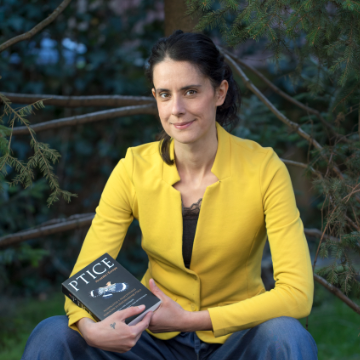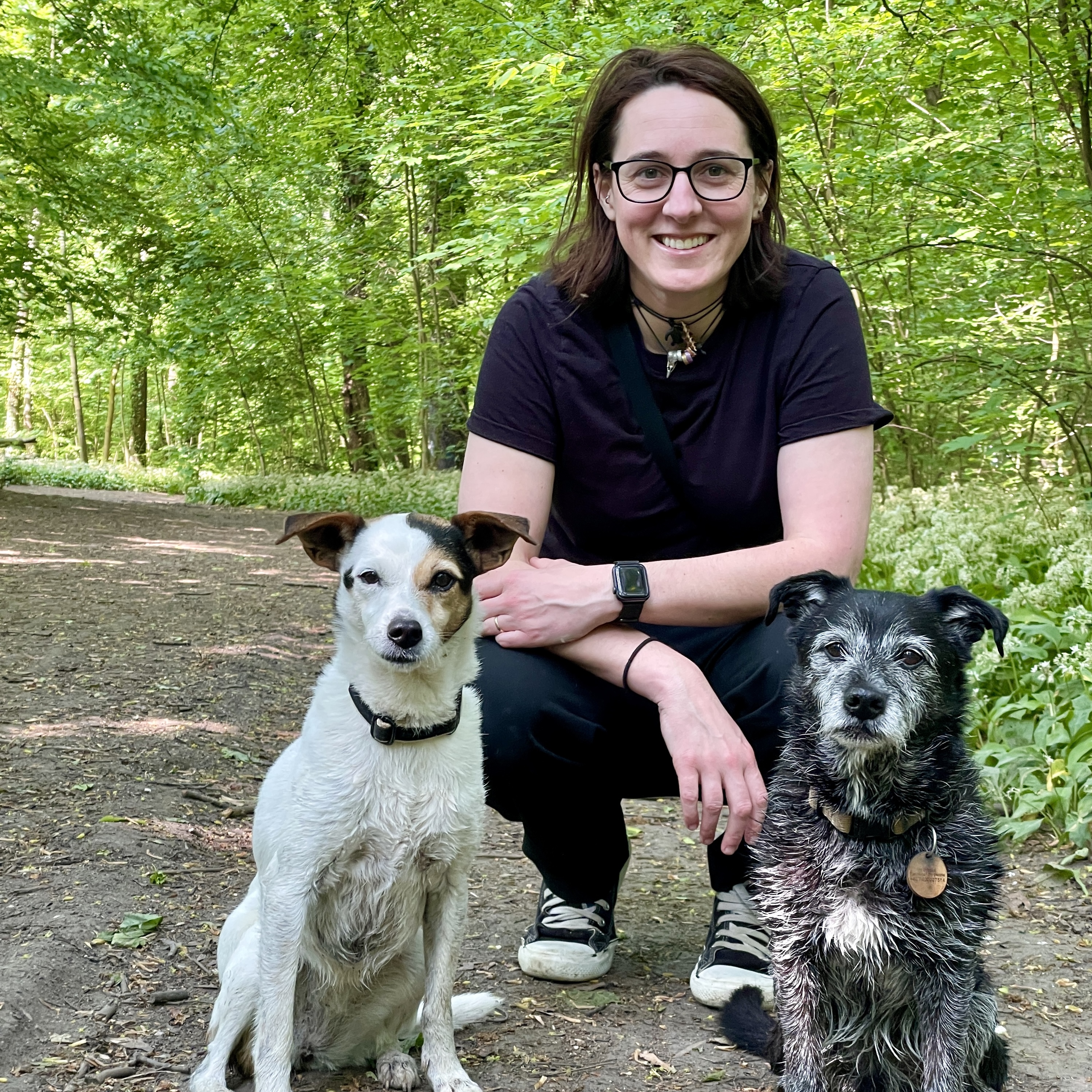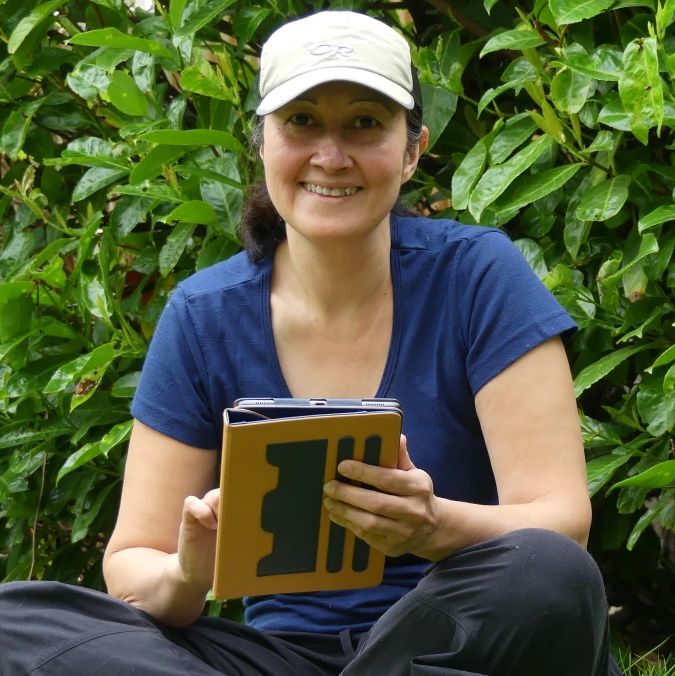Animal behaviour research is affected by researchers' assumptions and expectations, impacting how the research is conducted, interpretations of behaviours, the research questions addressed, and taxonomic representation. In addition, the choice of which animal subject to include is not random, as recently summarised by the STRANGE framework. The robustness of research findings can also often be unclear without replications and open science practices. Finally, like other academic fields, animal behaviour is also shaped by historical biases influencing whose research is recognised as influential and skewing the scientific discourse. Recognising the impacts of these biases presents an opportunity for positive change. At the ASAB Winter Meeting 2024, we explore biases in animal behaviour research, and discuss a comprehensive system change towards fairness and inclusion of diverse perspectives. To ensure new insights and more robust science, this transformative shift involves evaluating community needs, fostering cultural changes, and implementing explicit policies. We aim to publish a special issue with conference proceedings.
The meeting programme and abstract booklet can be found
here.
Follow us on
social media, or sign up to the
ASAB newsletter
for regular updates.

Malin Ah-King is an Associate Professor in Gender Studies at Stockholm University/Örebro University, Sweden. She is an evolutionary biologist (PhD) and gender researcher focusing on gender/queer perspectives on biology and feminist science studies of contemporary sexual selection research. Her current project explores a controversy over sex differences in evolutionary biology. She investigates the relationship between science and society through analysing the production of scientific knowledge as well as ignorance. She has published in biological and gender journals, and makes regular contributions to radio, newsprint and podcasts. You can find out more about Malin here.

Tatsuya is a conservation scientist, committed to making the conservation community, and more broadly academia, more evidence-based, diverse, and inclusive. Tatsuya has been leading the translatE project, which aims to understand the consequences of language barriers in science. The project has shown how language barriers can impede evidence-based biodiversity conservation in three major ways: barriers to (1) the global synthesis of scientific evidence, (2) the application of English-language evidence to local decision making, and (3) the generation of scientific evidence by non-native English speakers. Tatsuya works as a Senior Lecturer at the School of the Environment and Centre for Biodiversity and Conservation Science, at The University of Queensland.

My work lies on the interface between open science and meta-science in ecology. With this, I strive to enable ecological research to reach its full potential by researching the scientific process itself, understanding and optimizing it. Before I moved into open science research, I studied the evolutionary ecology of pair bonds, and life-history trade-offs, using mostly birds as a model system. I have co-founded SPI-Birds Network and Database and the Society for Open, Reliable, and Transparent Ecology and Evolutionary biology (SORTEE). Further, I contribute to other open science initiatives such as GoFAIR discovery in, UNESCO Open Science, and Research Data Alliance. I work as a senior research associate at the Ruđer Bošković Institute, Croatia. Before moving back to Croatia, I did my PhD in evolutionary ecology at the University of Oxford, and then worked as a researcher (on open science in ecology) at the Netherlands Institute of Ecology.
The meeting will be held in the Royal College of Physicians of Edinburgh, see map below. As the venue has limited capacity, it is essential that you register. Conveniently located, a mere five-minute walk from Edinburgh Waverley train station, the venue finds itself in the very heart of this vibrant and historic city. There are plenty of places to eat, drink, and visit nearby. A list of accommodation close to the venue can be dowloaded here.
Virtual Attendance and Hublets
The meeting can also be attended virtually, for example by joining one of this year's
Conference Hublets, see map below.
We are excited to announce Hublets in Germany (Göttingen), France (Apt, Provence), India (Sonipat, National Capital Region), and Austria (Vienna) --
Many thanks to Hublet organisers!
If you want to join a Hublet, please e-mail asabwinter2024[at]gmail.com.
If you are interested in virtual attendance, please register in order to receive joining instructions.
ASAB Conference attendance grants
Deadline for conference attendance grants up to £500 (all applicants): 1st October 2024
Deadline for conference attendance grants up to £2500 (Developing Country Applicant): 1st August 2024
Deadline for childcare and accessibility conference attendance grants: 1st October 2024
Eligibility criteria and information on how to apply:
www.asab.org/grants-and-awards.
Code of Conduct
As the organisational committee of the ASAB Winter Meeting 2024, it is our fundamental mission to host an event for animal behaviour professionals to meet, connect, develop new collaborations, learn from each other, share scientific ideas, and build knowledge.
Bringing together people from different walks of life, we wish this conference to be held in a respectful, inclusive, and welcoming atmosphere.
To ensure this, we ask all participants to adhere to our
Code of Conduct .
ASAB is running a science communication competition for our members attending the ASAB Winter Meeting 2024!
To enter the competition,
use this form to submit a 1-2 minute video
presenting your (favourite) cool animal behaviour research on the theme of the 2024 Winter Meeting "Addressing biases in the field of animal behaviour".
Rules
Your video needs to include Closed Captions and should not exceed 500MB.
You must have the rights to use all video footage contained in your video (e.g. any images/videos of animals should have been taken by you or be openly available under a Creative Commons license).
The deadline for submissions has now been extended to Dec 9th, 2024.
Prizes
There will be 2 prizes of £100 -- 1 decided by ASAB Council and 1 “people’s choice” to be judged at the ASAB Winter conference.
As well as the cash prize, the winning videos will be featured on the ASAB website, newsletters, and social media accounts.
Thanks so much for your entry to this competition! Good luck!

Claudia studies social behaviour and cognition, mainly in birds.

Vivek studies animal sensory biology and cognition, usually in insects.

Cédric studies the evolution of social behaviour in termites and cockroaches.

Chiara studies behaviours and reproductive strategies of aquatic animals.

Nicola studies the socioecology of four-legged creatures, including primates.